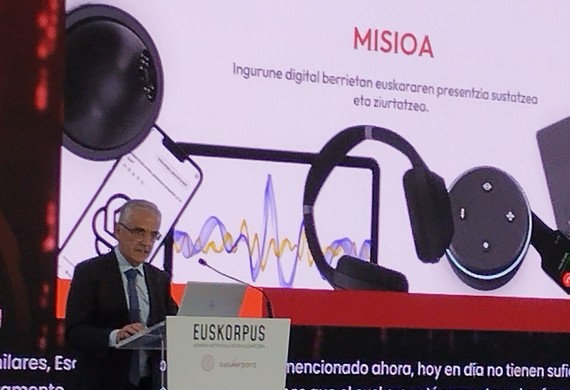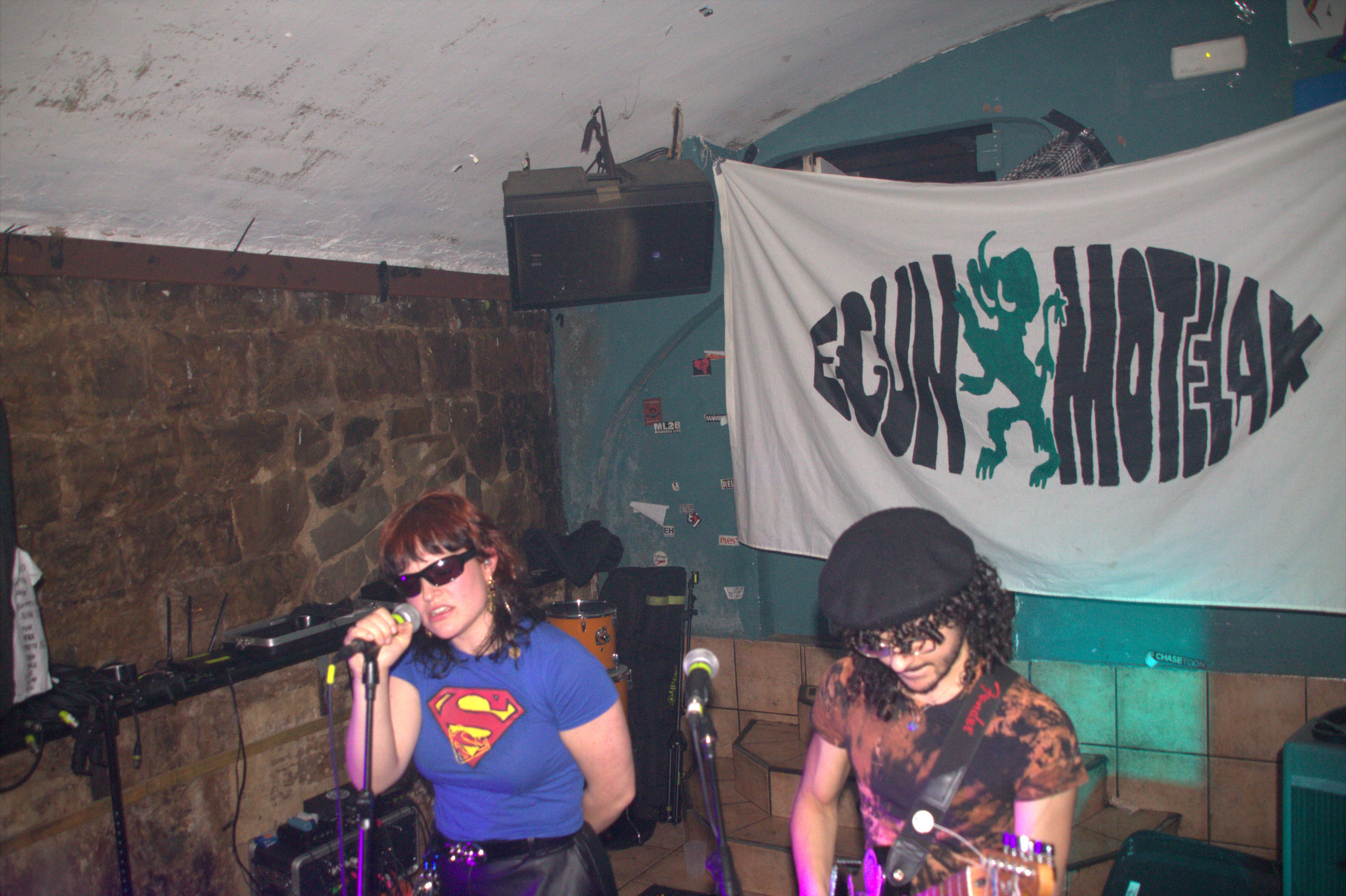Most relevant economic measures
These are the main economic measures taken by the UPyD Government from the end of 1970 until the Pinochet coup d'état, sometimes overcoming a majority opposition in Congress, in others supported by political opponents.
The deepest agrarian reform in the history of Chile took place. The latifundium system was eliminated and, in total, 5,294,750 hectares were distributed among the farmers engaged in this activity.
In 1971, the congress approved the nationalization of copper, culminating in the process initiated in 1966 by the government of Eduardo Frei.
The measure was supported by the opposition and, as a result, the main Chilean export resource was left to the State (previously, most of the deposits were in the hands of US companies).
That same year, the process of nationalisation of the brine ore took place, when the company Soquimich was handed over to the public.
With the nationalization of the company Bethlehem Iron Mines, the State took over the production of iron and coal.
The process of nationalization of private banks began. In 1971 and 1972, the State began to manage approximately half of Chile's private banks.
The telephone company was nationalized, which until then was in the hands of the US company ITT (International Telephon and Telegraph).
Creation of state enterprises to ensure the marketing and distribution of products: Enavi, Eca, Dinac, Dinatex, Dirinco… Previously, the sector was monopolised by foreign companies: Williamson Balfour, Ducan Fox and Codina.
Lau mila karaktere ditut kontatu behar dudana kontatzeko. Esan behar ditut gauzak argi, zehatz, soil, eta ahalko banu polit, elegante, egoki. Baga, biga, higa. Milimetrikoki neurtu beharra dut, erregelaz markatu agitazioa non amaitzen den eta propaganda non hasi. Literarioki,... [+]
LGTBIQ+ banderaren itzalpean eta mezu eta doinu antifaxistez inguratuta jarri du karpa Voxek.
Euskorpora elkartearen eta Euskorpus proiektuaren abiatzeak hautsak harrotu ditu. Pello Otxandiano EH Bilduko Eusko Legebiltzarreko oposizio buruak Euskorpusena akatsa dela uste du, "ezjakintasuna edo estrategia klientelarra". EH Bilduk galdera sorta egin du... [+]
Diario de Noticias de Álava (DNA) egunkariko langileak sinadura greban daude, eta aspaldi ari dira beren lan baldintza “miserableak” eta horiek kazetaritzaren kalitatean duen eragina salatzen. 2013tik soldatak izoztuta dituzte, eta ordutik erosahalmenaren %30... [+]
Okzitaniako Tolosako elkartea da aipatu kolektiboa eta Frantziako Gobernuak dekretuz desegin zuen 2022an. Orain Estatu Kontseilua gobernuaren erabakia egokia dela berretsi du.
Sare Herritarrak antolatuta, pasa den urtarrilaren 11n Bilboko kaleak bete zituen manifestazio jendetsuaren ondoren, berriz sortu da eztabaida, euskal presoei salbuespen legeriarik aplikatzen ote zaion. Gure iritzia azaltzen saiatuko gara.
Espetxe politikan aldaketa nabarmena... [+]
Duela gutxi think tank izateko jaioa omen den Zedarriak bere 6. txostena aurkeztu zuen. Beren web orrialdean azaltzen dutenaren arabera, zedarriak ebidentea ez den bidea topatzeko erreferentziak dira. Hots, hiru probintzietako jendarteari bidea markatzeko ekimena. Agerraldi... [+]
Eskoziako Lur Garaietara otsoak itzularazteak basoak bere onera ekartzen lagunduko lukeela adierazi dute Leeds unibertsitateko ikertzaileek.. Horrek, era berean, klima-larrialdiari aurre egiteko balioko lukeela baieztatu dute, basoek atmosferako karbono-dioxidoa xurgatuko... [+]
Karen Daniela Ágredok dioenez, atxilotu zutenean berak ez zuen ertzainik zauritu, haiek lurrera bota zuten eta konortea galdu zuen. Ondoren, Ertzaintzaren komisariaren zoruan iratzartu zen eta handik ospitalera eraman zuten.
Hiuzz + Bloñ + Adur
Noiz: otsailaren 15ean.
Non: Iruñeko Aitzina tabernan (Egun Motelak kolektiboa).
--------------------------------------------
Larunbat goiza Iruñean. Neguko eguzkitan lanera doazen gizon –eta ez gizon– bakarti batzuk... [+]
















.jpg)